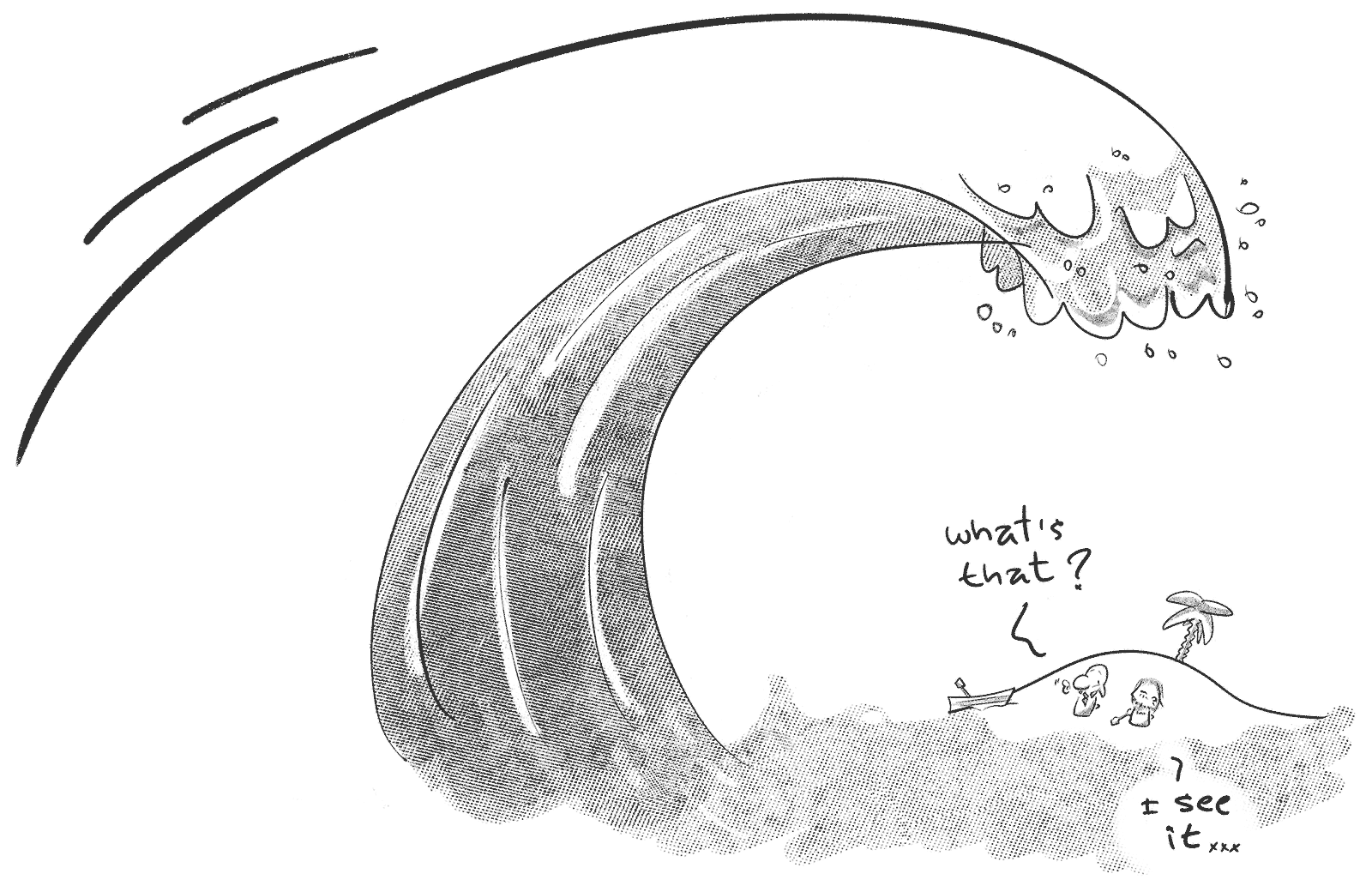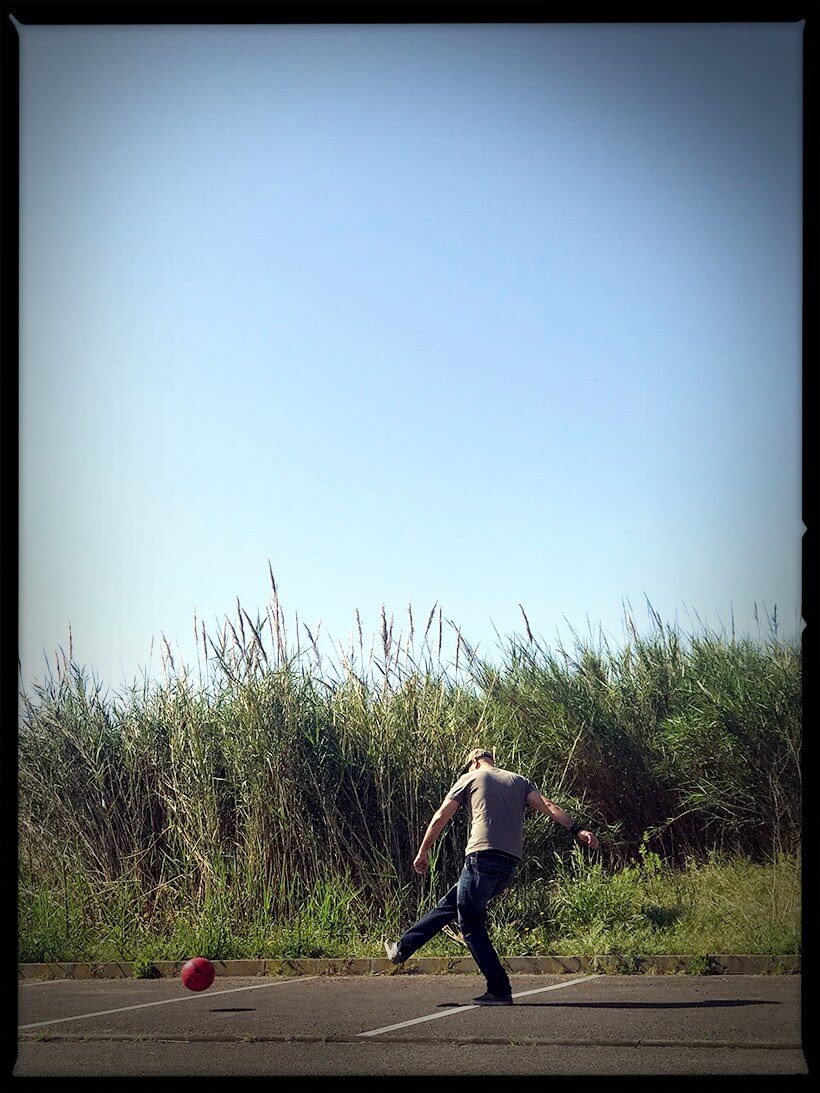à quinta

Entre outros overlaps no estudo do jornalismo e comics — como o clássico "não acredito que isso agora é uma cena" —, a sua novidade e origem dispersa herdada de outros domínio será dos mais óbvios.
It was about 20 years ago that the academic field of “journalism studies” came into rough early shape. Sure, there were people who studied journalism long before then — but for the most part, they were doing so from the intellectual home of another field. They were sociologists, economists, political scientists, communications scholars, or part of some other academic sub-brand.
in "These are the four waves of journalism studies over the past 20 years: the participatory, crisis, platforms, and populist eras" 23 mar 2020
E como no estudos dos cómicos encontram-se-lhe diferentes tendências dominantes, seja por área geográfica — pensem manga, franco-belga ou fumetti — ou cronológica — golden, silver, underground... webcomics! —. E, para marcar o aniversário, o "italian journal Comunicazione politica" (*) "Political Communication, if it wasn’t obvious": OS POSITIVOS, martelamos no óbvio. lança um número especial com a questão "What does it mean, from your scholarly viewpoint, to study political communication today?" do qual no NiemanLab destacam a resposta que aqui passamos igualmente: C.W. Anderson, "The State(s) of Things":
In it, Chris tries to sum up the past 20 years of journalism studies along two axes, one time-based and one geographic. It serves, for me at least, as a very nice intellectual overview of what People Who Talk About Journalism have been yammering on about for all this time.
in "These are the four waves of journalism studies over the past 20 years: the participatory, crisis, platforms, and populist eras" 23 mar 2020
Dessa timeline, as quatro ondas resumidas:
in "These are the four waves of journalism studies over the past 20 years: the participatory, crisis, platforms, and populist eras" 23 mar 2020
- The participatory era:
“The early years of the internet were marked by an excitement that the relatively low costs of digital content production, combined with the ease through which such content could be distributed, would mark of flourishing of creative practices more generally.”- The crisis era:
Nearly every anguished discussion of “Are bloggers journalists????” took place in an environment where the traditional business of professional journalism was in a state of financial collapse, especially during the global financial crisis.- The platform era:
Okay, so we’ve gone from “random bloggers are a threat to journalists’ sense of authority” to “digital media is a threat news organizations’ business models” to “FACEBOOOOOOK! It took social media platforms inserting themselves in that directing-audience-attention layer to launch a new era, in which the real threat was not the individual citizen opining online, but the Silicon Valley megacorporations to bring a new degree of market power to what been hyped as a definitionally “open” medium.- The populist era:
This has meant for some a revived interest in news organizations’ role as institutions setting boundaries around the least-generous aspects of human behavior — as well as those platforms’ roles in promoting them. From a somewhat abstract debate about the who counts as a journalist online and offline, the surge of so-called “fake news” has injected concerns about national security, cyberspying, enemy propaganda, and the toxic power of trolls into arguments about the boundaries of the journalism profession.
Obviamente pré-Corona. Ao eixo temporal devem acrescentar agora a quinta onda.

